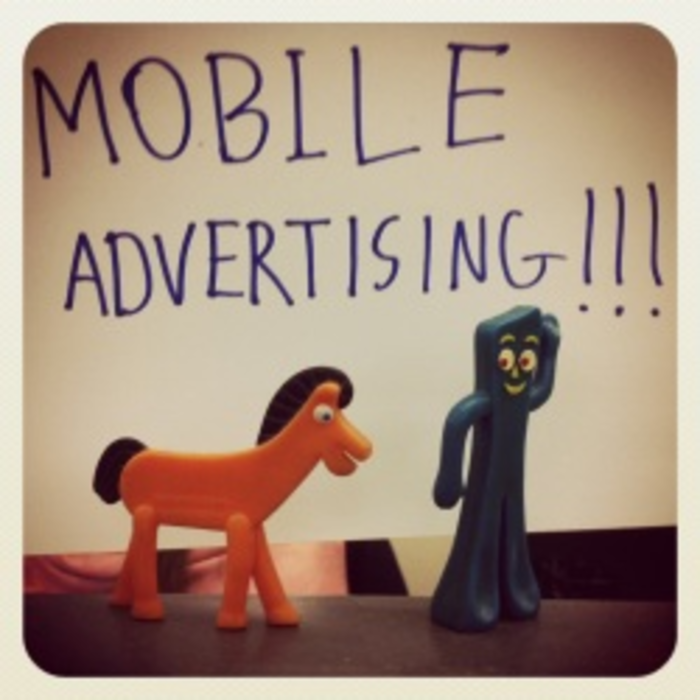Will there ever be a time when mobile web browsing accounts for more traffic than desktop browsing? Yuchun Lee, VP of enterprise marketing management at IBM Industry Solutions said in an interview—which will be published in its entirety in June—that all current trends indicate the mobile channel will be the most influential channel in the near future.
Even without IBM’s endorsement, we’re seeing the movers and shakers of the tech world—especially those with desktop dominance, like Facebook and Google—start to sound particularly bullish when it comes to mobile web browsing and, by extension, mobile advertising.
Patrick Pichette SVP and CFO of Google, acknowledged that mobile cost-per-clicks (CPCs) aren’t as lucrative as desktop CPCs. “Mobile is exploding in query growth and the formats are adapting a lot,” he said. “[But] they don’t monetize as well because they are where search used to be in 2003, 2004, and as these formats get better, we’ll expect more from them.”
Google CEO Larry Page added: “People always spend the most effort on the major sources of traffic and revenue. It’s growing quickly … over time, I think it’ll reverse.”
And then we have Facebook purchasing Instagram, which might seem baffling on the surface, but makes more sense (whether it makes 100 billion cents, the price Facebook paid for the photo-sharing social network, is another matter entirely) when we consider the mobile advantages. Facebook might be a monster on desktop computing and its mobile app is certainly among the most popular, but the company isn’t considered a mobile power player.
Instagram bolsters Facebook’s mobile presence and, in particular, photo sharing over mobile devices. And sharing is a pretty important aspect of Facebook’s value proposition, as the company stated itself in its filings with the Securities and Exchange Commission. And we also know, from that same document, that advertising constitutes 85% of its total revenue. Currently however, I don’t think Facebook’s mobile advertising capabilities aren’t anywhere near as powerful as what they offer over a desktop.
But Instagram provides Facebook with the technological platform to develop tools and services specifically around mobile engagement, which should allow the company to assemble a very attractive offering when pushing its mobile marketing capabilities to advertisers.








